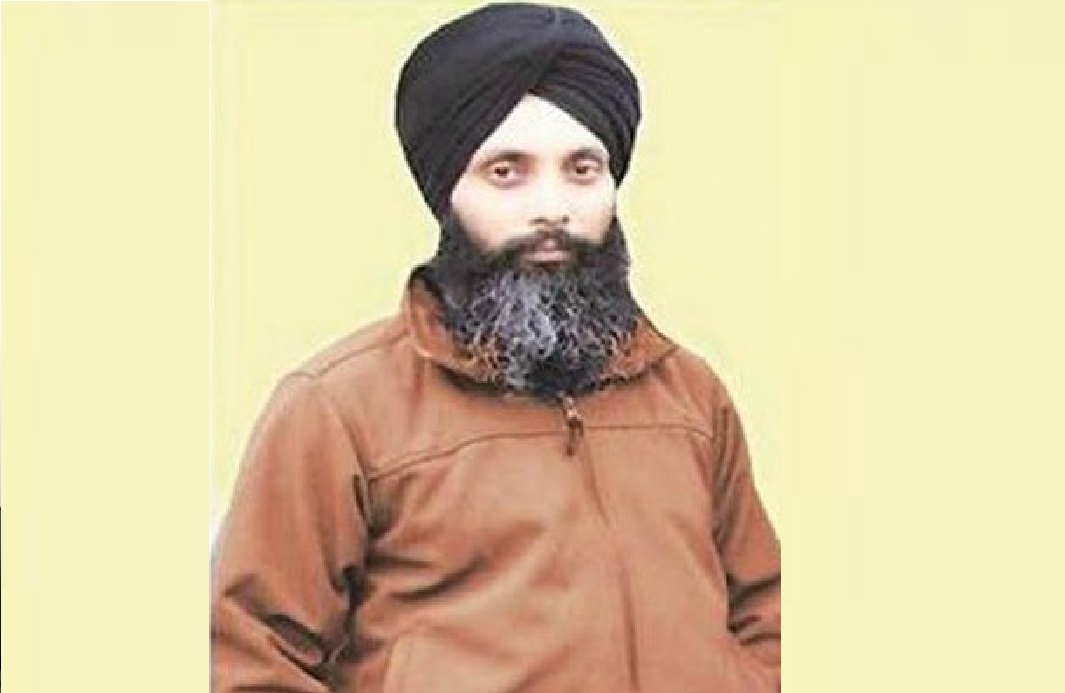First-ever Conference for Women Peacekeepers to take place in New Delhi from Monday
The first-ever Conference for Women Peacekeepers on the theme "Women in Peacekeeping: A Global South Perspective" will take place here from Monday.
A day before his murder, Canadian intelligence agency CSIS held a secret meeting with Nijjar and was supposed to meet him two days from the killing on June 18.

Hardeep Nijjar (photo:SNS)
In light of the recent killing of Khalistani terrorist Hardeep Singh Nijjar, the already strained diplomatic relations between India and Canada – two countries historically connected through trade and culture – have deteriorated further. Canadian Prime Minister Justin Trudeau last week accused Indian government agents of a role in Nijjar’s murder, a charge New Delhi categorically denied.
Terming Trudeau’s allegations “absurd and politically motivated”, India suspended a Canadian diplomat in a tit-for-tat action and suspended visa services for Canadian citizens. The Indian government also asked Trudeau to provide evidence to back his claim but received none, so far.
Advertisement
The killing of Nijjar also brought the Khalistani issue to the forefront once again with New Delhi accusing Ottawa of providing safe haven to Khalistani terrorists who openly promote violence against Indian diplomats and call for secession of India’s state of Punjab. While Nijjar was designated terrorist by New Delhi in 2020, Canada considered him an activist fighting for the rights of Sikhs.
Advertisement
A day before his murder, Canadian intelligence agency CSIS even held a secret meeting with Nijjar, according to CTV News. When The Statesman reached out the CSIS to learn the motive behind their secret meeting with the Khalistani terrorist, they said the information can’t be disclosed as it was related to the safety and security of Canada.
When asked why CSIS was secretly meeting a New Delhi designated terrorist, who openly promoted violence against India, CSIS official Eric Balsam said, “There are important limits to what I can publicly discuss given the need to protect sensitive activities, techniques, methods, and sources of intelligence.”
“These limitations are essential to ensure the safety, security, and prosperity of Canada, and for these reasons, I cannot provide more information,” he further said in an e-mailed response.
The fact that the agency didn’t deny the meeting consolidates New Delhi’s claim that Canada was deliberately not acting against Khalistani activists who promoted violence against Indian diplomats in the country.
When The Statesman further asked about the two masked gunmen who killed Nijjar in the parking lot of a Surrey Grudwara on June 18 this year, the CSIS chose not to reply. There are reports that they have not been able to locate the killers even after more than three months.
Meanwhile, Union External Affairs Minister S Jaishankar has torn into the Canadian government over threats to Indian diplomats to the country. The foreign minister said that regular functioning of Indian missions in Canada has been compromised due to the “permissiveness to terrorism, extremism, and violence” in Canada.
“We have had smoke bombs thrown at the mission, we have had violence in front of consulates, there are posters put up. Do you consider this normal? If this had happened to any other country, how would they react? Let’s not normalise what is happening in Canada. It is important to call out what is happening there,” he said.
He, however, reasserted that India is ready to look into the issue if Canada provides specific information. “If there is a requirement for us to look at something, we are open to looking at it. But, I then expect somewhere, some pointer, something for me to look at,” he added.
Advertisement